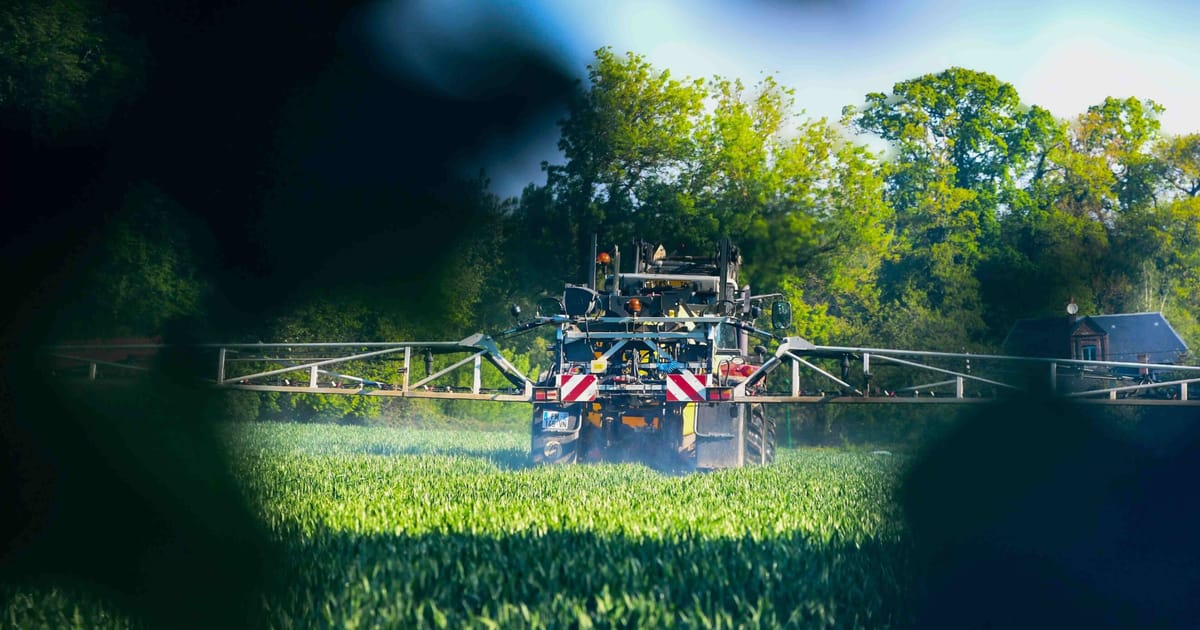

In an era marked by collective action and individual courage, a variety of movements and initiatives across the globe are prompting conversations around pressing social, economic, and political issues. From environmental activism to state recognition debates and personal struggles in the face of prejudice, these efforts highlight the resilience and determination in pursuit of systemic change.
In France, the resolve of a young student has brought attention to a contentious law proposal concerning pesticides. Fleur Breteau, at the forefront of this activism, is battling against the “Duplomb” law, which aims to reintroduce certain pesticides, including acétamipride, into agricultural use. Her determination has resonated with many, as evidenced by her ability to rally over 800,000 people to support a petition against the law. Her initiative has led to public debates on the implications of pesticide use, spotlighting the health risks associated with such chemicals and advocating for a more conscientious approach to agricultural practices.
This movement is not an isolated case but a testament to the power of collective voices in shaping policy discussions. The petition against the “Duplomb” law has even sparked talks of organizing a formal debate at the Assemblée this fall, suggesting a democratic engagement with public health and environmental issues.
Meanwhile, in the Middle East, discussions concerning the development of natural resources underscore the intersection of geopolitics and economic independence. There is a growing conversation around the Gaza Marine natural gas field, which has the potential to significantly impact the Palestinian economy. Michael Barron, an expert on the subject, posits that if Palestine achieves full recognition as a state, it could gain the unquestioned right to develop and utilize these natural resources. Such a move could transition the Palestinian Authority from relying heavily on foreign aid to achieving greater economic self-sufficiency, with projected revenues reaching impressive figures over the years.
These economic prospects reveal how strategic resource management and international recognition can contribute towards long-term stability and development. In recognizing the potential benefits of the Gaza Marine field, stakeholders emphasize the importance of diplomatic efforts and international cooperation to enable progress and mutual benefits. Such developments represent a positive step towards sustainable growth and empowerment within the region.
Simultaneously, in Portugal, Rui Maria Pêgo, an actor and presenter, candidly addresses personal experiences that reflect broader societal issues. Having faced death threats after coming out as homosexual, Pêgo’s story reverberates as a powerful reminder of the ongoing challenges in the fight for equality and human rights. His commitment to using his platform to advocate against prejudice and for fundamental freedoms underscores the importance of open dialogue in overcoming fear and discrimination.
Through public engagements and media presence, Pêgo’s efforts highlight the vital role individuals play in challenging societal norms and advocating for inclusivity. His journey encourages conversations about acceptance and the importance of safeguarding individual freedoms in societal discourse.
These narratives collectively demonstrate the potency of individual and communal efforts in steering conversations toward critical changes. Whether through student-led environmental activism, strategic economic initiatives, or personal testimonies against discrimination, these stories shine a light on humanity’s potential to foster a more equitable and sustainable future. In each case, the common thread is a persistent drive for transformation, unity, and progress, heralding the voices that refuse to be subdued in the quest for a better world.
Source: {link}
